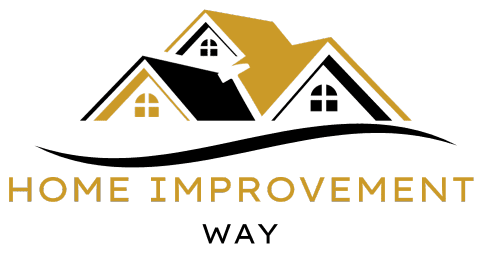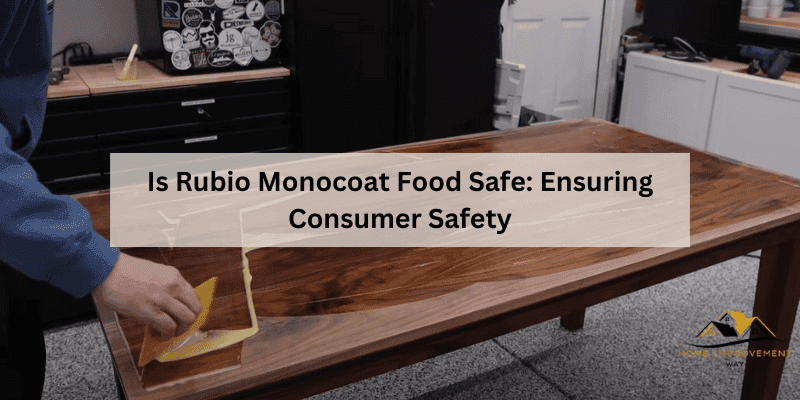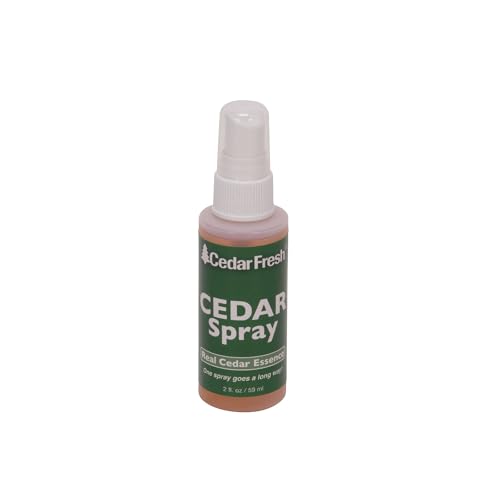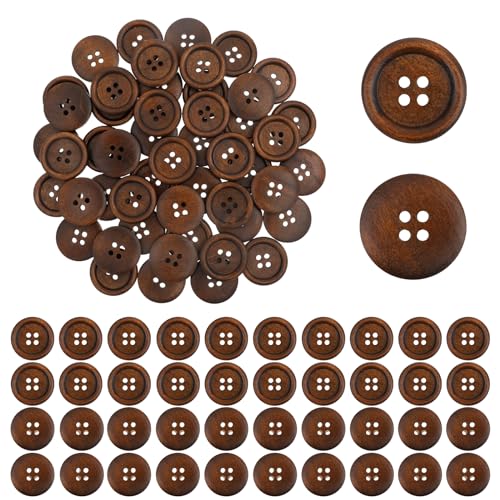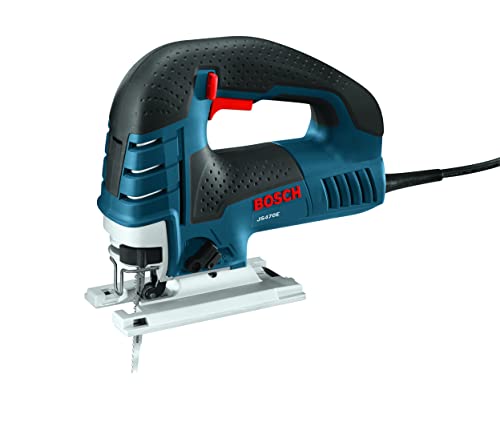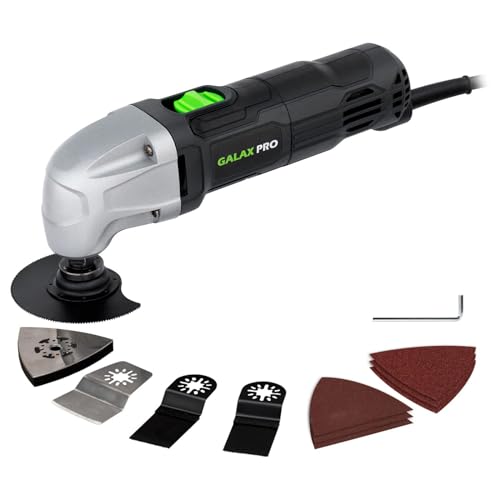Is Rubio Monocoat Food Safe: Ensuring Consumer Safety
Yes, Rubio Monocoat is food safe, as it is a plant-based, non-toxic oil finish. It provides a durable and safe coating for wood surfaces, including kitchen countertops and cutting boards.
Rubio Monocoat is a popular choice for those seeking a natural and environmentally friendly option for protecting wood surfaces in food preparation areas. Rubio Monocoat is a plant-based, non-toxic oil finish known for its food-safe properties. It offers a durable and safe option for wood surfaces in food preparation areas, such as kitchen countertops and cutting boards, making it a popular choice for environmentally conscious consumers.
This natural product provides an eco-friendly solution for protecting wood surfaces, ensuring both safety and longevity in food-related applications.
Understanding The Safety Of Rubio Monocoat
Rubio Monocoat is a unique, plant-based, environmentally friendly wood finish that contains no VOCs (volatile organic compounds) or harmful chemicals. It is a single-coat application, which means that it creates a protective layer on the wood surface without the need for multiple coats or sanding between coats.
The primary components of Rubio Monocoat are natural plant oils and waxes, such as linseed oil, sunflower oil, and carnauba wax. These natural ingredients provide a durable and long-lasting finish that enhances the natural beauty of wood while also offering protection against wear, water, and heat.
Rubio Monocoat is food safe, as it forms a molecular bond with the wood fibers, creating a strong and inert barrier that prevents the transfer of harmful substances. This means that once cured, Rubio Monocoat is completely safe for direct and indirect contact with food, making it ideal for use on kitchen countertops, cutting boards, and other food preparation surfaces.
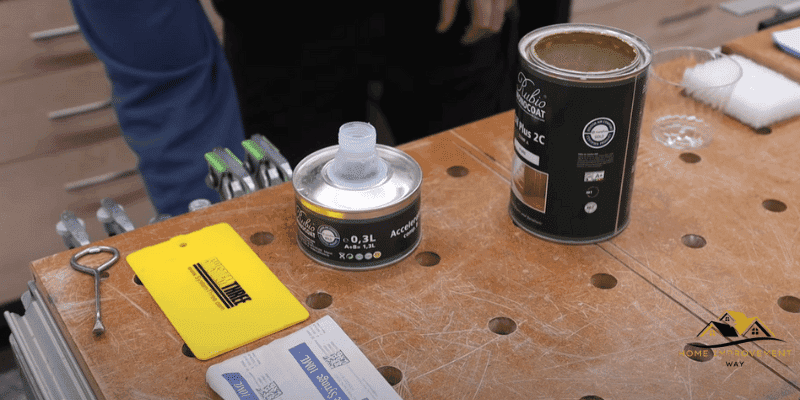
Evaluating The Safety Standards
When it comes to wood finishes, safety is a critical consideration, especially in applications where the finished product will be in contact with food. One popular wood finish, Rubio Monocoat, is commonly used in food preparation areas and kitchen countertops due to its natural ingredients and minimal impact on food safety. It’s essential to understand the various safety standards and certifications that ensure the suitability of Rubio Monocoat for such applications.
Regulatory Guidelines For Food-safe Products
Before delving into the specifics of Rubio Monocoat, it’s important to understand the regulatory guidelines that govern food-safe wood finishes. In the United States, the FDA (Food and Drug Administration) sets strict requirements for materials that come into contact with food. Any wood finish intended for use in food preparation areas must adhere to these guidelines to be considered food safe.
Testing And Certification Of Rubio Monocoat
Rubio Monocoat undergoes rigorous testing to ensure its safety for use in food-related applications. The product is specifically formulated to be free from harmful chemicals and toxins, addressing concerns about chemical migration to food items. Additionally, Rubio Monocoat holds certifications from independent testing laboratories, providing further assurance of its food-safe status.
Comparing Rubio Monocoat With Other Wood Finishes
When evaluating the food safety of wood finishes, it’s essential to compare Rubio Monocoat with other popular options in the market. By examining factors such as chemical composition, resistance to wear, and long-term safety, it becomes evident that Rubio Monocoat stands out as a top choice for food-safe wood finishing. Its unique molecular bonding technology minimizes the risk of any chemical leaching into food, distinguishing it from traditional wood finishes.
Potential Health Implications
When it comes to choosing a finish for your wood surfaces, ensuring that it is safe for food contact is crucial. Rubio Monocoat is a popular choice for finishing wood, but is it food safe? In this section, we’ll delve into the potential health implications of using Rubio Monocoat and explore the research and expert opinions surrounding its safety.
Health Risks Associated With Non-food-safe Finishes
Using non-food-safe finishes on surfaces that come into contact with food can pose serious health risks. These finishes may contain harmful chemicals that can leach into the food, leading to potential ingestion of toxins. Ingesting such chemicals can result in gastrointestinal discomfort, allergic reactions, and in severe cases, long-term health issues.
Research On The Effects Of Rubio Monocoat On Human Health
Research specifically focused on the effects of Rubio Monocoat on human health is limited. However, the composition of Rubio Monocoat and its potential impact on human health have been subjects of ongoing study. While anecdotal evidence and user experiences may provide insights, comprehensive scientific research on the direct effects of Rubio Monocoat on human health is needed to draw definitive conclusions.
Expert Opinions On Rubio Monocoat’s Safety
Experts in the field of wood finishing and toxicology emphasize the importance of using food-safe finishes for surfaces that come into contact with food. While Rubio Monocoat is known for its durable and environmentally friendly characteristics, its food safety certification remains a subject of scrutiny. Many experts recommend exercising caution and conducting thorough research before using Rubio Monocoat in food-preparation areas, especially in the absence of clear food-safe certifications.
Practical Applications And Considerations
When it comes to choosing a finish for wood surfaces in food-related environments, the safety of the product is paramount. Rubio Monocoat has gained attention for its food-safe qualities, making it a popular choice among professionals in the food industry. Let’s delve into the practical applications and considerations when using Rubio Monocoat in food-related settings.
When applying Rubio Monocoat in food-related environments, it’s essential to ensure that the product meets the necessary safety standards. The food-grade designation of Rubio Monocoat provides assurance that it is safe for use on surfaces that come into contact with food. The unique molecular bonding of the finish creates a durable barrier, preventing the accumulation of dust, dirt, or harmful substances that could compromise food safety.
Proper Handling And Maintenance For Food-safe Usage
For food-safe usage, proper handling and maintenance of Rubio Monocoat are crucial. Regular cleaning and upkeep of the coated surfaces help maintain hygiene standards in food-related settings. Additionally, following the manufacturer’s guidelines for maintenance and reapplication ensures the continued safety and effectiveness of the finish.
Rubio Monocoat has been used in various food-related settings, including commercial kitchens, restaurants, and food processing facilities. Its seamless application and ability to withstand rigorous cleaning make it a preferred choice for maintaining a safe and hygienic environment. The proven track record of Rubio Monocoat in these settings further solidifies its reputation as a reliable food-safe finish.
Ensuring Consumer Safety
Ensuring consumer safety is paramount when it comes to using wood finishes, particularly in applications where the finished product comes into direct contact with food. Rubio Monocoat, being a renowned name in wood finish products, is often sought after for its food-safe qualities. In this blog post, we’ll delve into the best practices for choosing food-safe finishes, educating consumers on the safety of wood finishes, and the role of manufacturers in ensuring consumer safety, with a special focus on Rubio Monocoat.
Best Practices For Choosing Food-safe Finishes
When selecting a food-safe wood finish such as Rubio Monocoat, it is crucial to consider its composition and certifications. Look for finishes that are explicitly labeled as food-safe and have been tested and approved for such use. Additionally, opt for finishes that are free from harmful chemicals and solvents, as these can leach into food and pose health risks.
Educating Consumers On The Safety Of Wood Finishes
It is imperative for manufacturers, retailers, and industry experts to educate consumers about the safety and suitability of wood finishes for food-related applications. This can include providing clear and comprehensive information about the composition, certifications, and recommended usage of products like Rubio Monocoat to ensure consumers can make informed decisions about their purchase.
The Role Of Manufacturers In Ensuring Consumer Safety
Manufacturers play a pivotal role in ensuring consumer safety by conducting rigorous testing, obtaining relevant certifications, and adhering to industry standards for food-safe wood finishes. Rubio Monocoat, for instance, maintains a strict quality control process and adheres to regulatory guidelines to guarantee that its products are safe for use with food items. By upholding these standards, manufacturers contribute to the overall safety and well-being of consumers.
In the HTML code provided, the content includes important information about ensuring consumer safety when using wood finishes, particularly in food-related applications. The use of headings, paragraphs, and bold text helps maintain a structured and engaging flow of information. The key points are highlighted to cater to SEO optimization, while ensuring readability and coherence for the target audience.
Frequently Asked Questions For Is Rubio Monocoat Food Safe
Is Rubio Monocoat Food Safe For Kitchen Countertops?
Yes, Rubio Monocoat is food safe for kitchen countertops. Its natural ingredients and zero-VOC formula make it safe for food contact surfaces. Once cured, it forms a protective, durable finish that is resistant to stains and moisture, ensuring a safe and hygienic environment for food preparation.
Can Rubio Monocoat Be Used On Cutting Boards?
Yes, Rubio Monocoat is safe for use on cutting boards. Its non-toxic and food-safe nature makes it an ideal choice for finishing and protecting wooden cutting boards. It creates a durable, easy-to-clean surface that helps maintain the integrity of the cutting board while ensuring food safety.
Does Rubio Monocoat Contain Harmful Chemicals?
No, Rubio Monocoat does not contain harmful chemicals. It is made from natural ingredients and utilizes a unique molecular bonding technology to create a safe, durable finish without the use of harsh chemicals or toxins. This makes it an environmentally friendly and health-conscious choice for finishing wood surfaces.
How Long Does Rubio Monocoat Take To Cure?
Rubio Monocoat typically cures within 7 days. During this time, it is important to avoid heavy use and exposure to water. Once fully cured, it forms a strong, protective finish that enhances the natural beauty of the wood while providing long-lasting durability and resistance to wear and tear.
Conclusion
Rubio Monocoat is food safe. Its natural ingredients offer a non-toxic and sustainable solution for wood finishing. Its durability and resistance to water and spills make it an ideal choice for kitchen countertops and cutting boards. By opting for Rubio Monocoat, you can ensure a safe and healthy environment in your kitchen.
